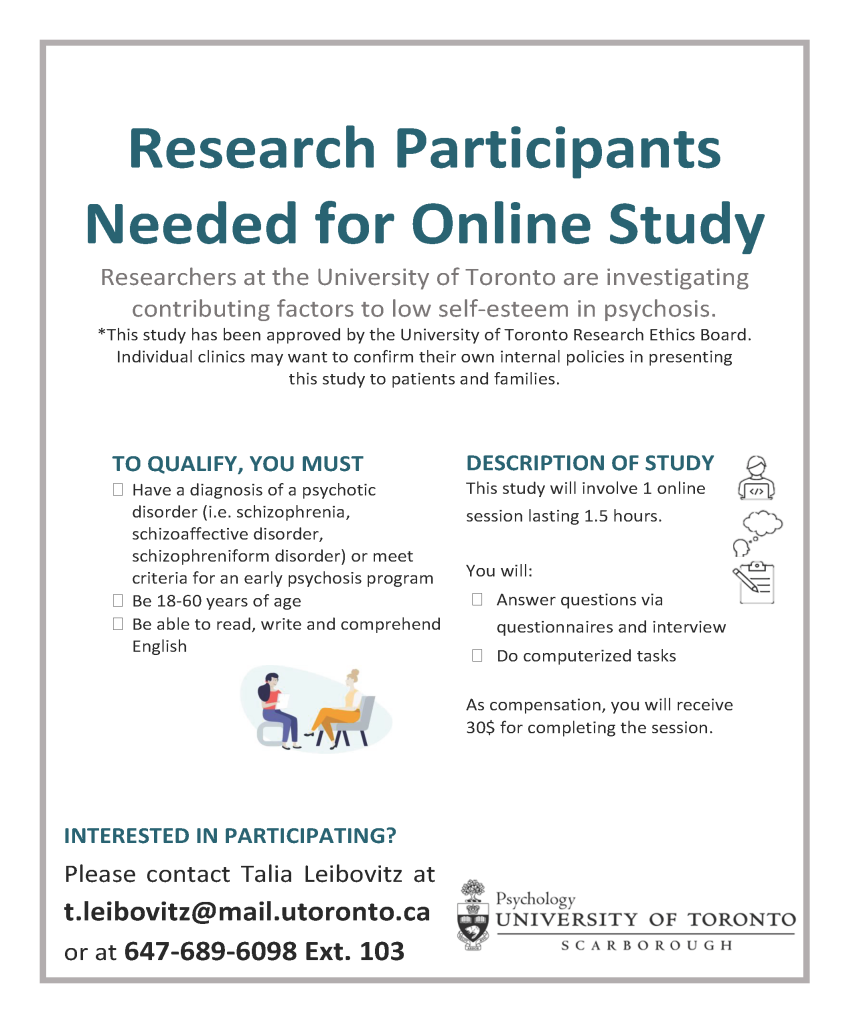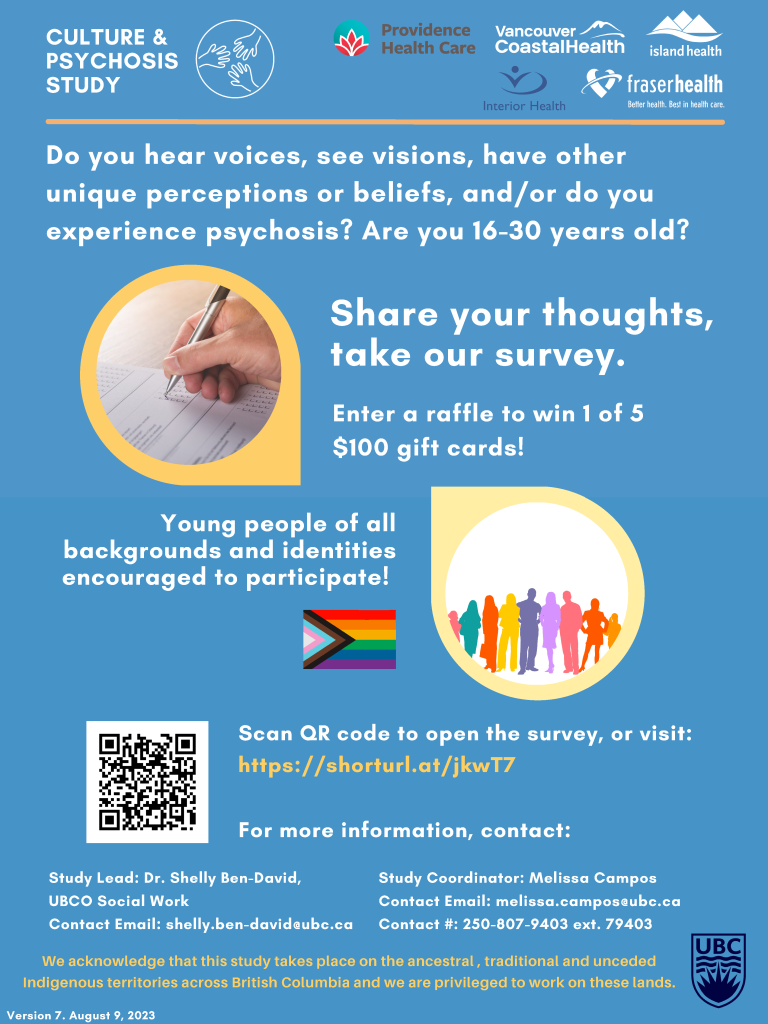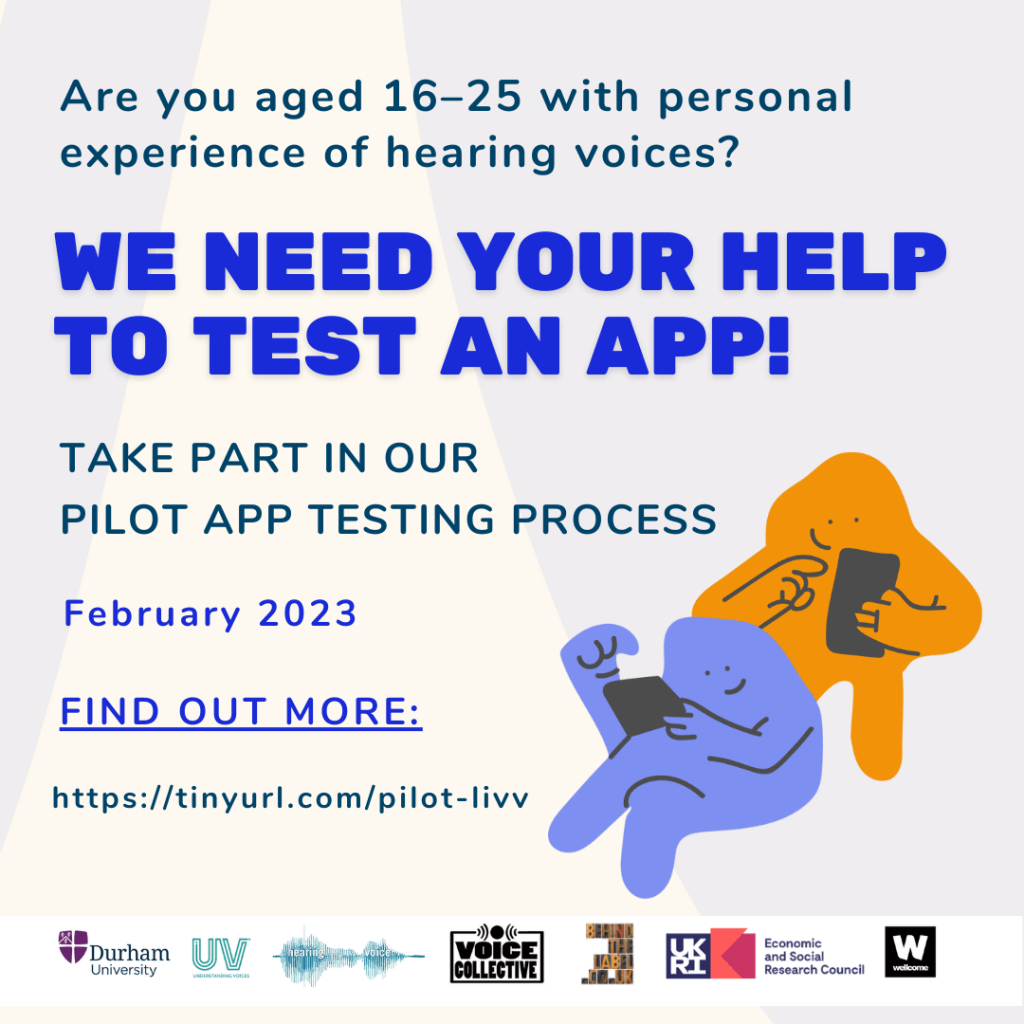Researchers from the University of East London are seeking individuals who have, or are close to those who have, received electroconvulsive therapy (ECT), you’re invited to take part of this international survey!
Dr. John Read, from the University of East London, is collaborating with psychologists and people who’ve had ECT themselves,to run this study. Here’s a short video interview from Dr. Read’s work.
This is your opportunity to share your experiences of this treatment, positive, negative or mixed. The survey takes about 20 minutes.
If questions about ECT or about the experiences that led you to having ECT might be distressing for you, please seriously consider not taking the survey.
If you have any general enquires about the study, please contact the lead researcher, Professor John Read: john@uel.ac.uk
The study has been approved by the University of East London Ethics and Integrity Sub-committee


